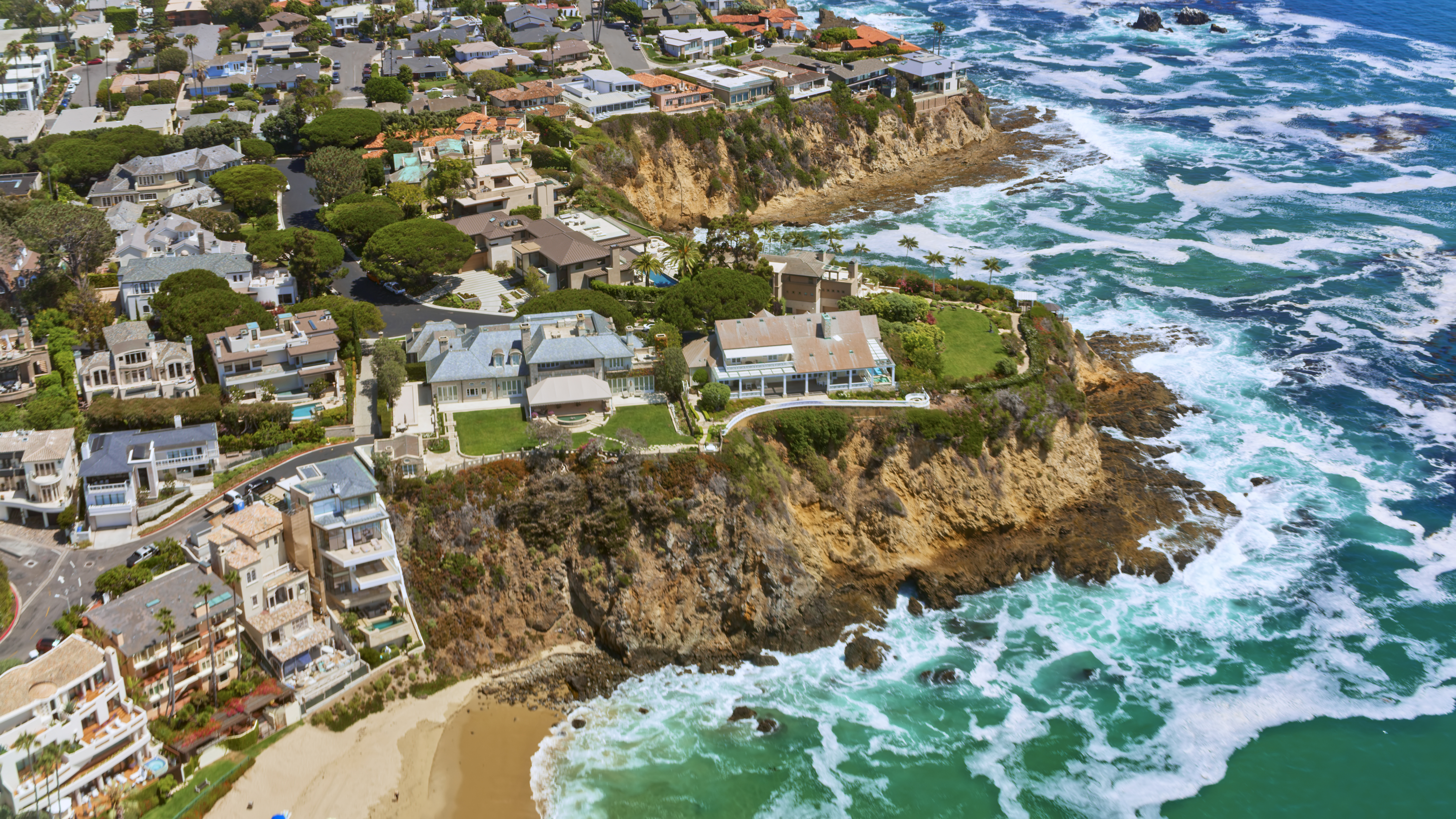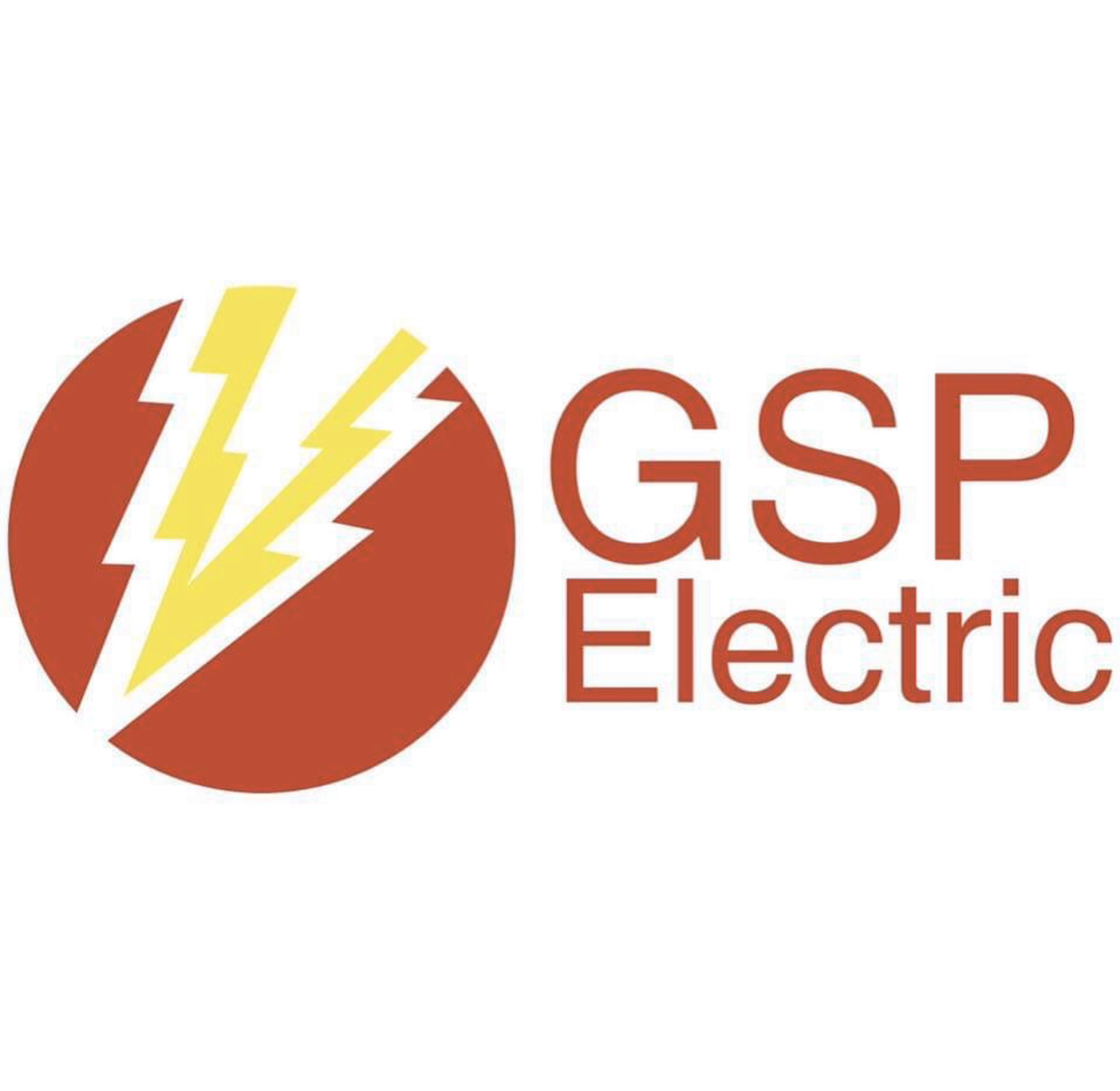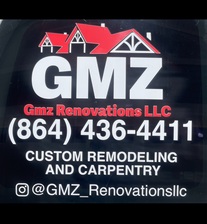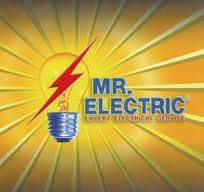
Get matched with top earthquake retrofitting specialists in Enoree, SC
Enter your ZIP and get matched with up to 5 pros
Need a pro for your earthquake retrofitting project in Enoree, SC?
Verified Reviews for Earthquake Retrofitting pros in Enoree, SC
*The Angi rating for Earthquake Retrofitting companies in Enoree, SC is a rating based on verified reviews from our community of homeowners who have used these pros to meet their Earthquake Retrofitting needs.
*The HomeAdvisor rating for Earthquake Retrofitting companies in Enoree, SC is a rating based on verified reviews from our community of homeowners who have used these pros to meet their Earthquake Retrofitting needs.
Last update on December 11, 2025
Find Earthquake retrofitting specialists in Enoree
No results for Earthquake retrofitting specialist in
Try adjusting your search criteria.The Enoree, SC homeowners’ guide to earthquake retrofitting services
From average costs to expert advice, get all the answers you need to get your job done.
 •
•Discover how much it costs to repair earthquake damage. Learn about average costs, key factors, and ways to save on earthquake repairs for your home.

A seismic shut-off valve stops the flow of gas during an earthquake, protecting your home from fires and explosions. Here’s what your earthquake valve installation cost will look like.
 •
•Earthquake retrofit costs vary based on home size, location, and project scope. Learn what impacts your price and how to budget for a safer, more secure home.

Fear not! Steady the shakes, tame the tremors, and get earthquake-ready while we give you a better idea of how long earthquake retrofitting takes.

In a seismic event, an earthquake gas shut-off valve could stop gas leaks and save your life. Learn more about its costs, installation, and benefits.

If you live near a fault line, your home may need an earthquake retrofit. Find out what you need to know about the process, from costs to who you should hire.
- 🌱 "Mow a small front yard"
- 🛠 "Fix a leaking pipe under the sink"
- 🏠 "Repair shingles on an asphalt roof"





